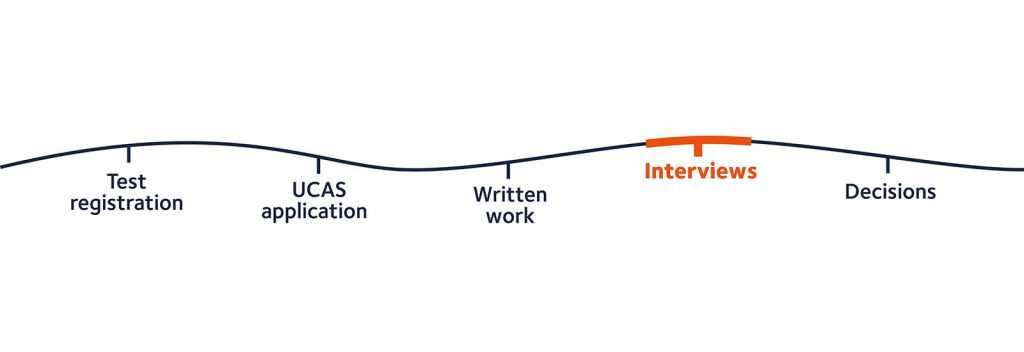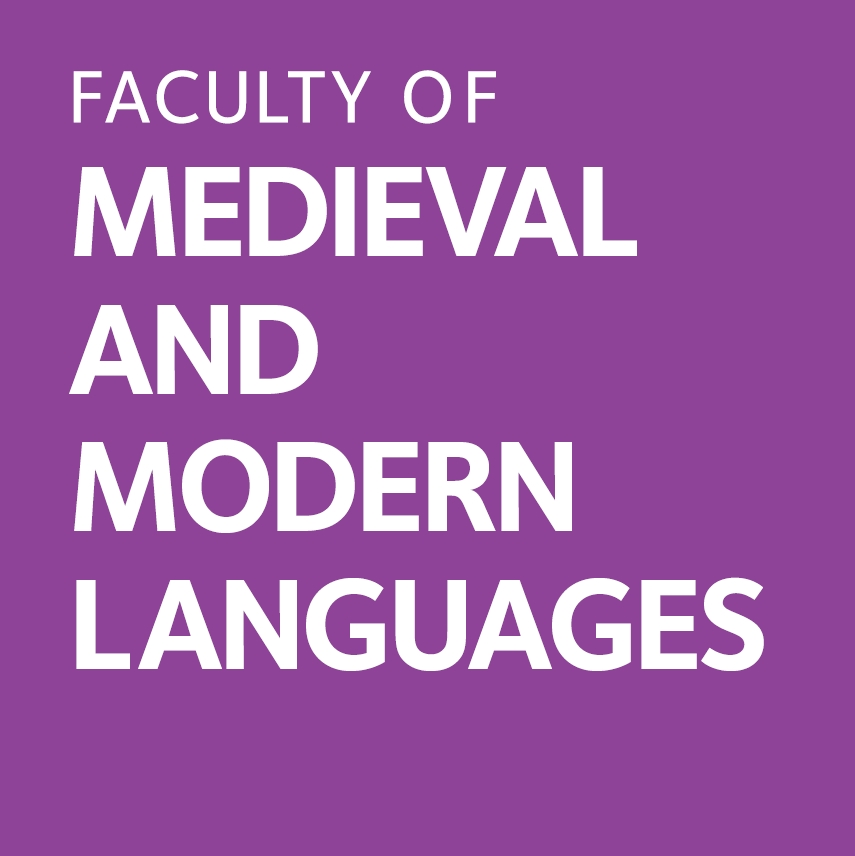Modern Languages admissions interviews are happening next week, and for the second year in a row they’ll all be happening online via Microsoft Teams. Here is an outline of the general format of Modern Languages interviews but you should be aware that practice can vary a little between colleges. It is worth bearing in mind that the interview is not designed to trick you or make you stumble: it aims to stretch you intellectually and give the tutors an insight into the way you think and your motivation for applying for the degree.

The Format
- You will have at least two interviews, possibly more, each lasting around twenty minutes. This is so that you have ‘two bites of the apple’, as it were. We know that candidates commonly get nervous during interviews and may not always feel they have performed at their best. Having two interviews gives you two chances to demonstrate what you can do and optimises your chance of showing us your best side.
- Your initial interviews will be with the college that is hosting you or, occasionally, they might be conducted centrally by the Modern Languages department itself.
- However, you might also find that other colleges want to interview you. This means that all the languages tutors across all the colleges can view your application and can request to see you. You shouldn’t read anything into this. It does not mean that your first college has rejected you. It simply means that colleges are keeping lots of options open to them. Again, it is another chance for you to show us your best.
- There will be at least two interviewers on the call. They may split the questioning 50/50 or one may take the lead while another takes notes. Don’t let this faze you – it’s just policy. They will start by introducing themselves and explaining the format of the interview.
- The interview is likely to be split into two or three parts, depending on whether you are applying for the language from scratch or post-A Level (or equivalent).
- If you are studying the language at A Level or equivalent, there will be some conversation in the target language. This is likely to be just three or four minutes and is another chance for us to assess your linguistic skills. We’re not looking for perfection or fluency. We are simply expecting an ability to speak in the target language at the standard expected of a candidate who is predicted a grade A at A Level. We will be assessing your language skills alongside your written work submission and your performance in the MLAT, so this is not the be all and end all.
- If you are applying for a beginners’ language don’t worry, we will not ask you to hold a conversation in that language!
- Regardless of whether you are applying for a language from scratch or post-A Level, you will probably be asked to do an exercise in close reading. The interviewer will share their screen with a short text on it. This may be a poem or an extract of prose. Practice does vary a little between colleges as to whether this text will be in the target language: some may give you a text in English; some may give you a text in the target language with an English translation; some may give you a text in the target language and also provide a dictionary or vocab. list, or invite you to ask about any words you don’t understand at the start of the interview. If you are applying for a language from scratch you will be given a version of the text in English.
- Read the text fully, and draw some initial conclusions from the text. Ask yourself not only ‘what are my first impressions?’ but, more importantly, ‘why and how are those impressions created?’
- The tutors will ask you about the text for around ten minutes.
- There will also be some general conversation as part of the interview. During this portion of the interview you might be asked to talk about: academic work you have completed in the last year or two; any relevant wider reading or work experience you might have done; subject-related issues that are very readily visible in the wider world (you will NOT be expected to have an intricate knowledge of current affairs); things you have mentioned in your personal statement.
Top Tips
- The first thing to remember is that the interview simulates a tutorial. Tutorial-style teaching is really the USP of Oxford and Cambridge: it is a method of teaching that focuses on discussion in very small groups (usually a tutor and two or three students) on a more-or-less weekly basis. The interview is a way for us to see how you would fare in this type of teaching environment.
- As such, we are interested in seeing your ability to contribute to an academically challenging discussion: this will partly be a matter of forming, expressing and, at times, defending your opinions on a particular topic, but we will also want to see your ability to think analytically, to read perceptively, and to be flexible in your thinking.
- Try not to be too rigid in your approach. Be open to receiving new information and to changing your opinion based on that information if appropriate.
- Go back and re-read your personal statement – there is a good chance you will be asked about it. Make sure you can talk about any books or films you have mentioned, or explain your interests further.
- Decisions are not based on your manners, appearance, or background, but on your ability to think independently and to engage with new ideas beyond what you have learnt in school.
- The questions will be focused and challenging but this is not a trap and it is not a vocabulary test. If there is anything you are unsure about, whether that’s the questions you are being asked or a particular word you might not understand, it is absolutely fine to ask the tutors to repeat or clarify their question.
So that’s a rundown of Modern Languages interviews at Oxford. It’s a lot to think about and we understand you may justifiably be feeling a little nervous. Of course, not everyone who is interviewed can be offered a place, and we know that this can be disheartening. But remember, you have already done incredibly well to reach interview stage. Whatever the outcome of your application, you should be proud of what you have achieved simply by getting into the room. Above all, try to enjoy the process – it’s not every day you will have the undivided attention of world-leading experts in your subject who are interested in what YOU have to say.
Check out our other interview related posts on this blog by clicking the ‘interviews’ tag. All that remains to be said is good luck!





